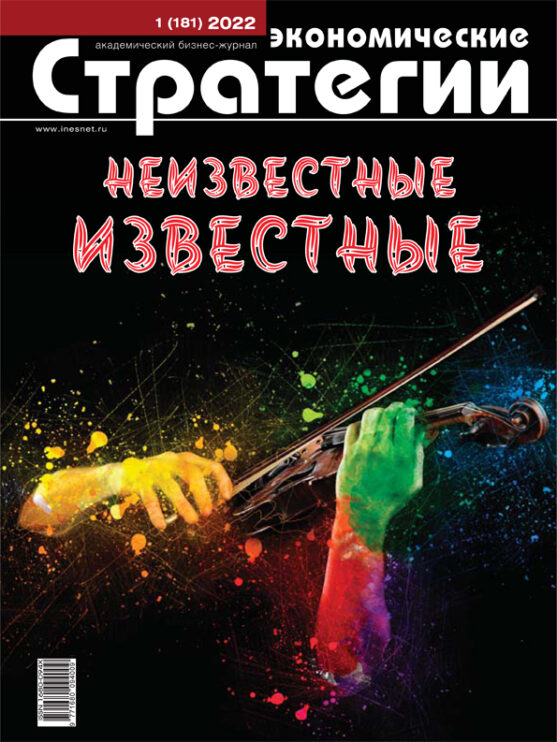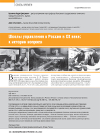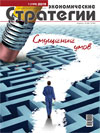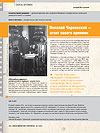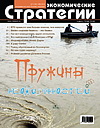Management Schools in Russia in the 20th Century: on the History of the Issue
DOI: https://doi.org/10.33917/es-1.181.2022.126-137
The studies on the history of managerial thought do not fully cover the development of management schools in Russia in the 20th century and don’t mention many scientists, who were at the origins of scientific schools, and organizations within which they emerged. Hypotheses are put forward about how researchers in the last 30 years have made an attempt to study the schools of managerial thought in the 20th century in various organizations, especially universities. Narrative, comparative and historical research methods are used. The author describes the main schools of management in Russia in the 20th century, their origins, evolution, inspirers and leaders, as well as their main scientific works. The question of scientific schools of the two greatest mega-projects, successfully implemented in the USSR – nuclear and space project, remains unexplored. It is concluded that in Russia during the twentieth century. Management thought was developing, but it is currently extremely difficult to describe a holistic picture of the evolution of scientific management schools.
Источники:
1. Bezborodova M.A. Zarubezhnye nauchnye shkoly v psikhologii [Foreign Scientific Schools in Psychology]. Ucheb. posobie. Moscow, Moskovskii pedagogicheskii gosudarstvennyi universitet, 2020.
2. Nauchnye shkoly Voenno-vozdushnoi inzhenernoi akademii imeni professora N.E. Zhukovskogo (Voennogo aviatsionnogo tekhnicheskogo universiteta): istoriya razvitiya i sovremennoe sostoyanie: izdano k 80-letiyu VVIA im. prof. N.E. Zhukovskogo (VATU) [Scientific Schools of the Air Force Engineering Academy Named after Professor N.E. Zhukovsky (Military Aviation Technical University): History of Development and Current State: Published on the 80th Anniversary of the Air Force Engineering Academy Named after N.E. Zhukovsky (VATU)]. Moscow, Akademiya aviatsii, 2000.
3. Nauchnye shkoly Moskovskogo gosudarstvennogo tekhnicheskogo universiteta imeni N.E. Baumana. Istoriya razvitiya [Scientific Schools of the Bauman Moscow State
Technical University. History of Development]. 2-e izd. Moscow, Izd-vo MGTU im. N.E. Baumana, 2005.
4. Zaparii V.V. Nauchnye shkoly Ural’skogo federal’nogo universiteta: Entsiklopediya [Scientific Schools of the Ural Federal University: Encyclopedia]. Ekaterinburg, Izd-vo Ural’skogo universiteta, 2020.
5. Sadovnichii V.A., et al. O nauchnykh issledovaniyakh i nauchnykh shkolakh. Evraziiskoe prostranstvo [On Scientific Research and Scientific Schools. Eurasian Space]. Pod red. V.A. Sadovnichego (gl. red.), I.V. Semina, A.V. Sidorovicha. Moscow, Izd-vo Moskovskogo un-ta, 2010, 255 p. (Seriya: Evraziiskie universitety XXI veka / Evraziiskaya assots. un-tov).
6. Ustyuzhanina E.V., Evsyukov S.G., Petrov A.G., Kazankin R.V., Dmitrieva M.B. Nauchnaya shkola kak strukturnaya edinitsa nauchnoi deyatel’nosti [Scientific School as a Structural unit of Scientific Activity]. Moscow, TsEMI RAN, 2011, pp. 4, 8, 9. (Preprint #WP/2011/288).


